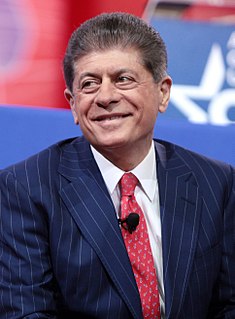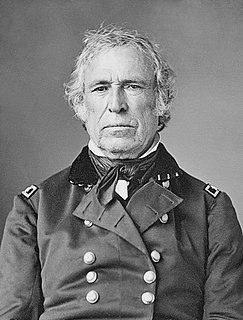A Quote by Mike Huckabee
We had so many different presidents, including Jefferson, Jackson, Lincoln - there were other founders like Hamilton, Adams - who made it very clear that the courts can't make a law. The Constitution is expressly clear that that's a power reserved to Congress.
Related Quotes
Let me make it clear that I do not assert that a President and the Congress must on all points agree with each other at all times. Many times in history there has been complete disagreement between the two branches of the Government, and in these disagreements sometimes the Congress has won and sometimes the President has won. But during the Administration of the present President we have had neither agreement nor a clear-cut battle.
According to Adams, Jefferson proposed that he, Adams, do the writing [pf the Declaration of Independence], but that he declined, telling Jefferson he must do it. Why?" Jefferson asked, as Adams would recount. Reasons enough," Adams said. What can be your reasons?" Reason first: you are a Virginian and a Virginian ought to appear at the head of this business. Reason second: I am obnoxious, suspected and unpopular. You are very much otherwise. Reason third: You can write ten times better than I can.
One thing was very clear and I made it always very clear at the beginning when I got into the governorship, and that was that I wasn't trying to become a career politician. This was not like I was going to be governor for seven years and then I was going to run for the Senate and then for Congress. That was never my interest.
[John] Adams's perception of Europe, and especially France, was clearly different than [Tomas] Jefferson's. For Jefferson, the luxury and sophistication of Europe only made American simplicity and virtue appear dearer. For Adams, by contrast, Europe represented what America was fast becoming - a society consumed by luxury and vice and fundamentally riven by a struggle between rich and poor, gentlemen and commoners.































